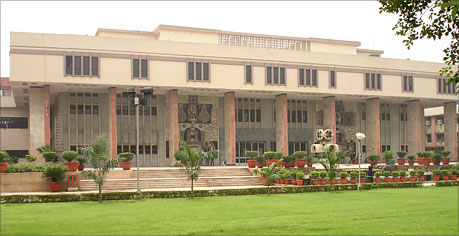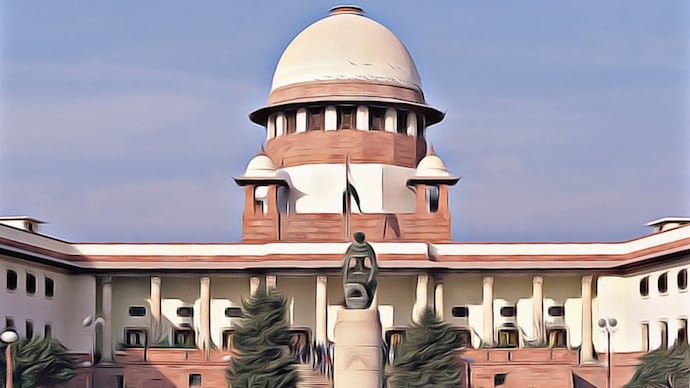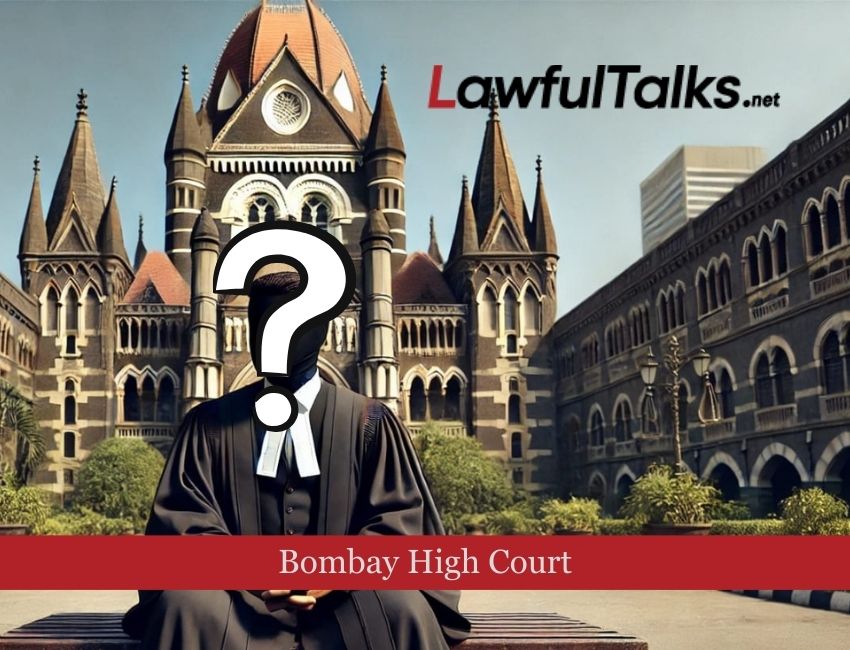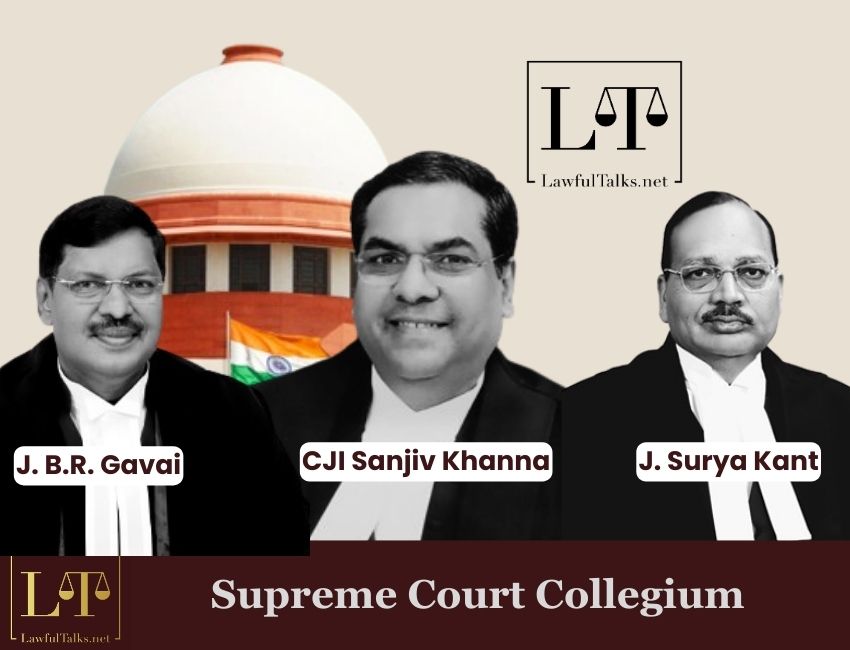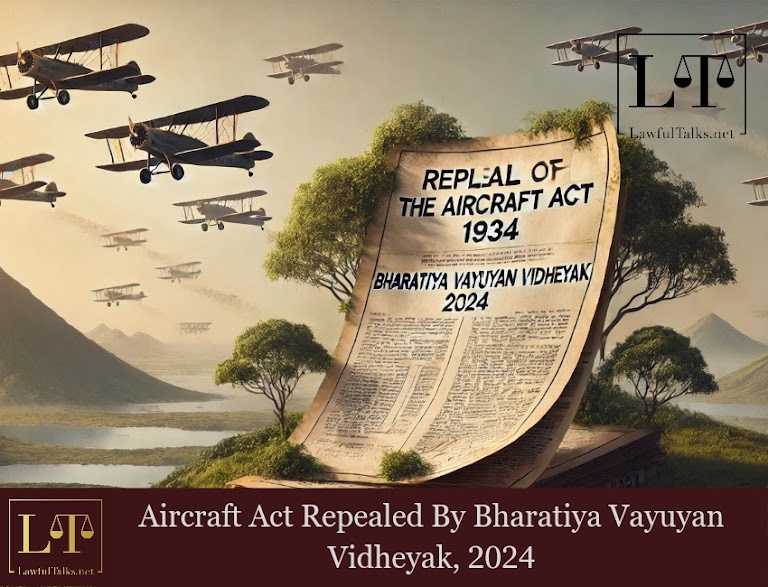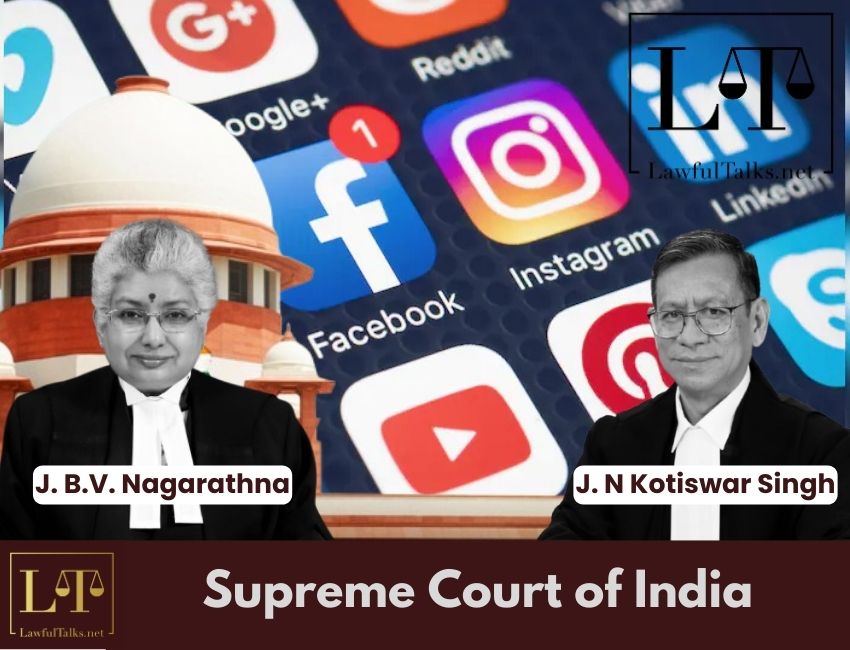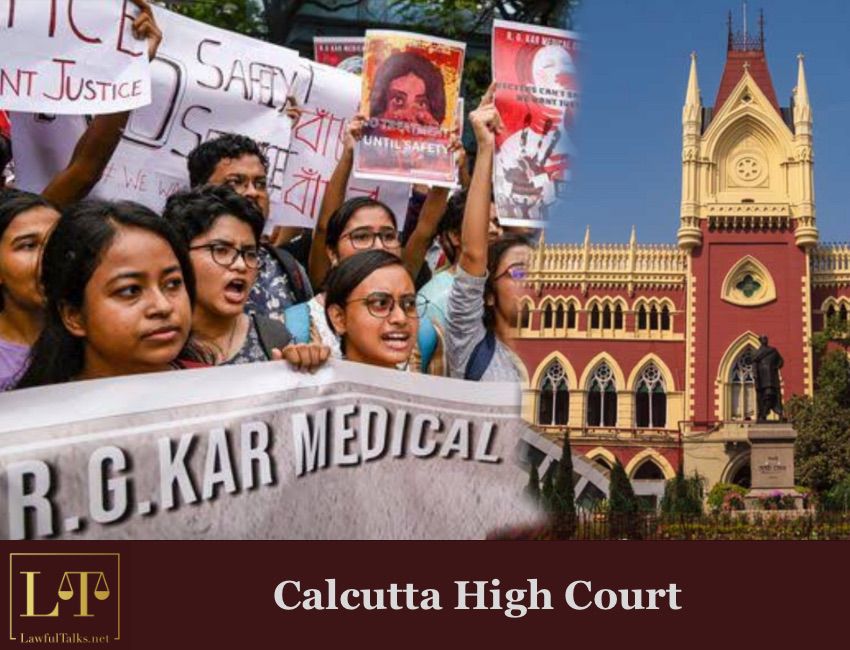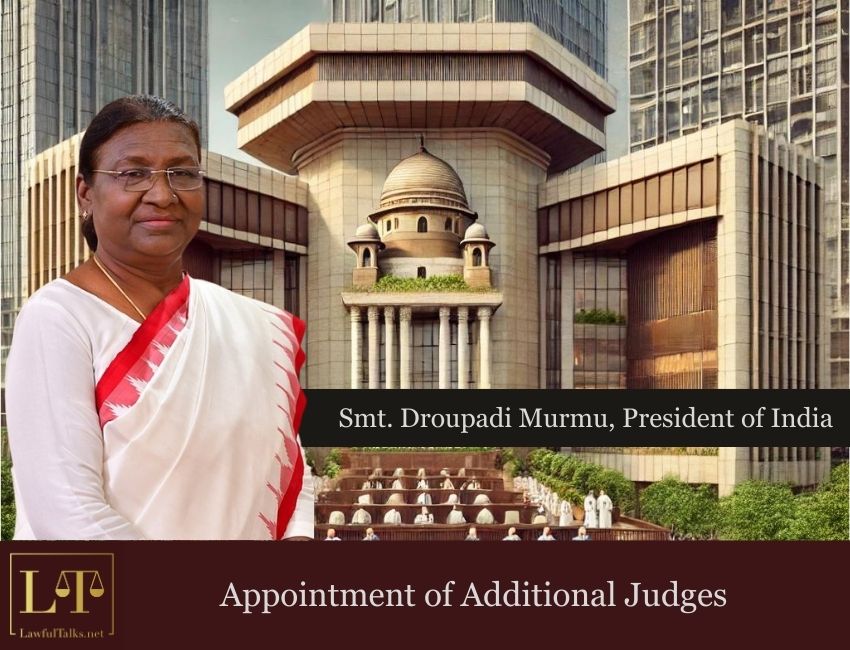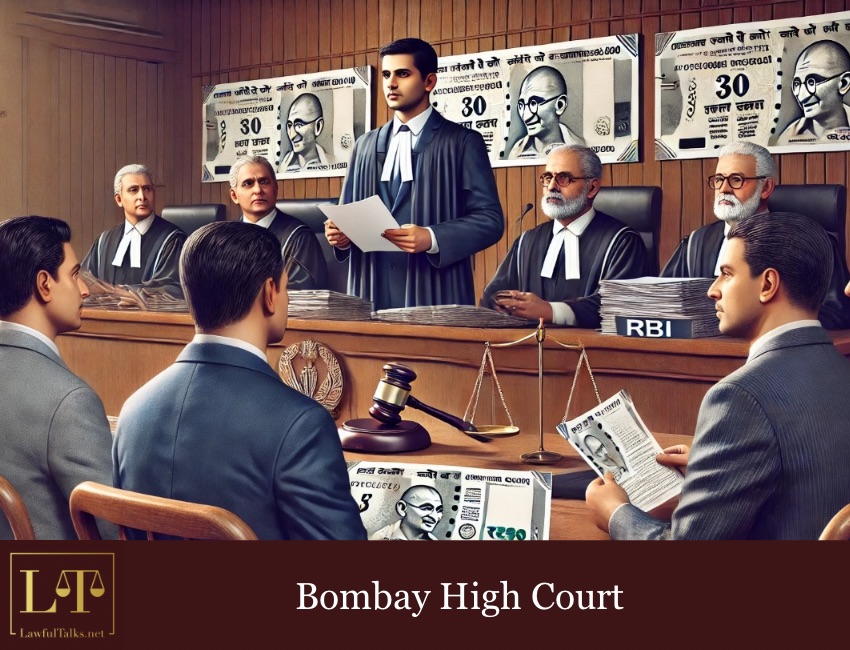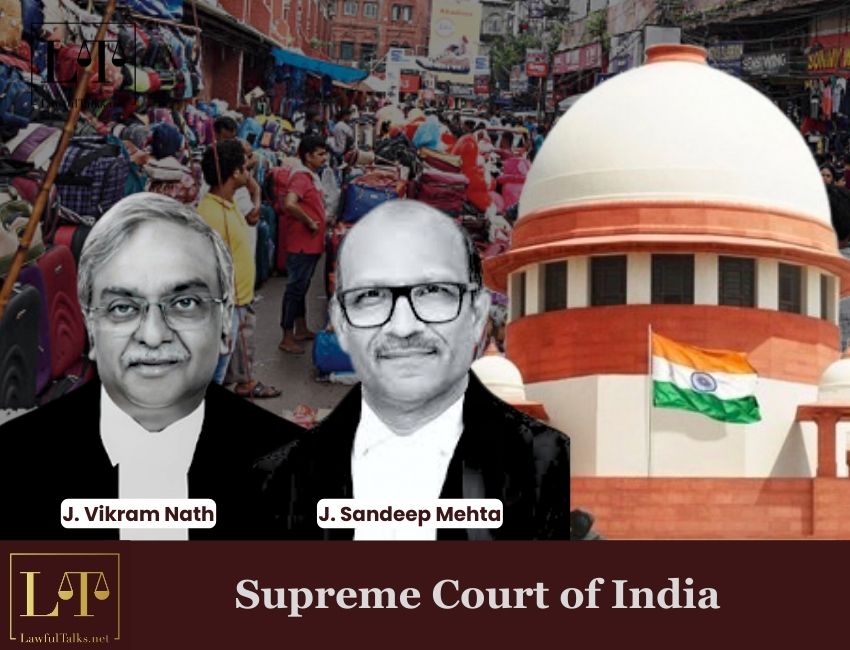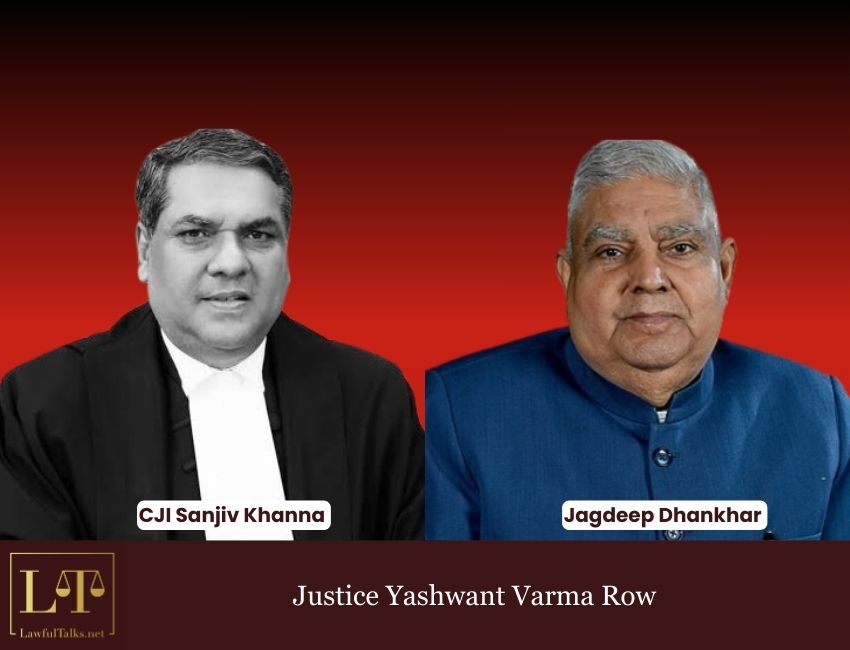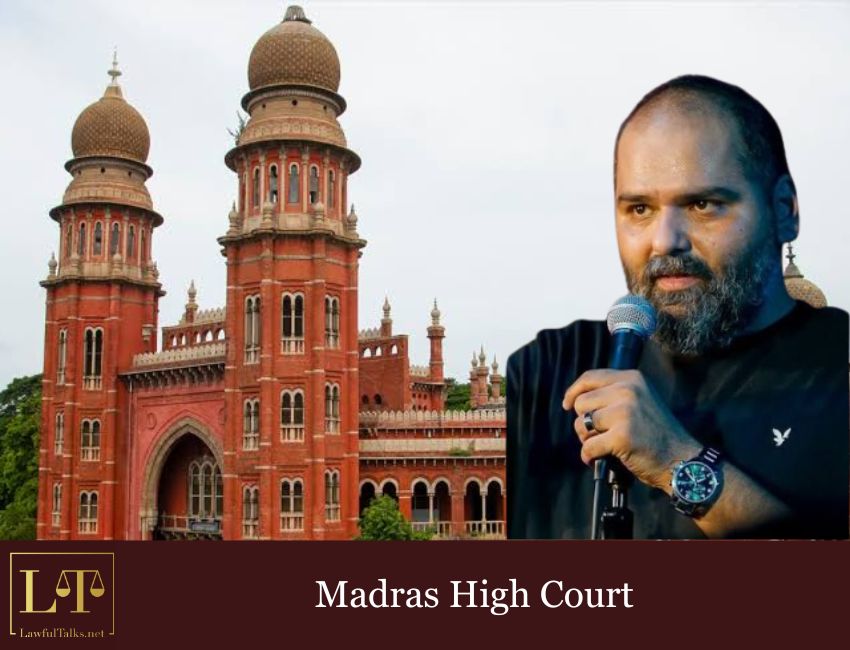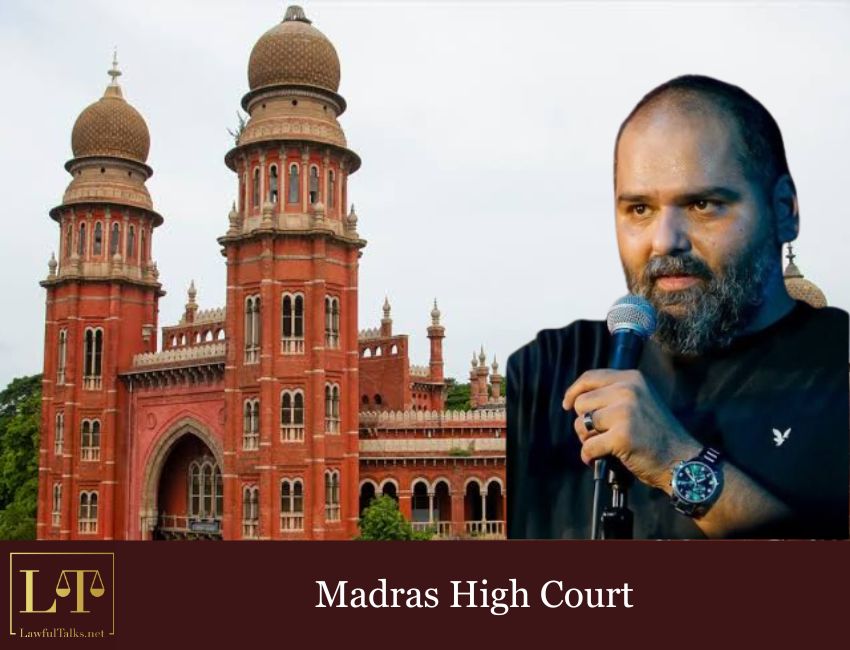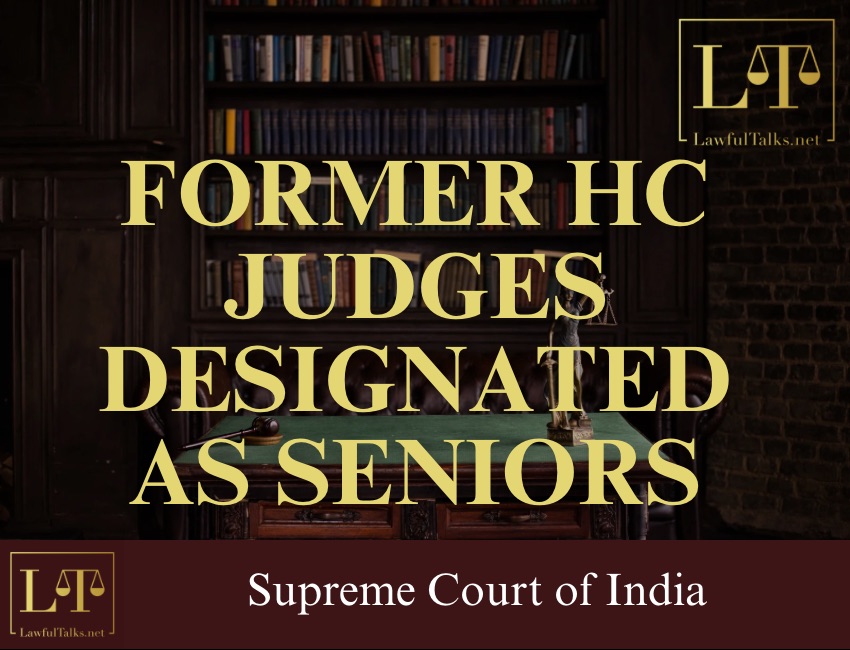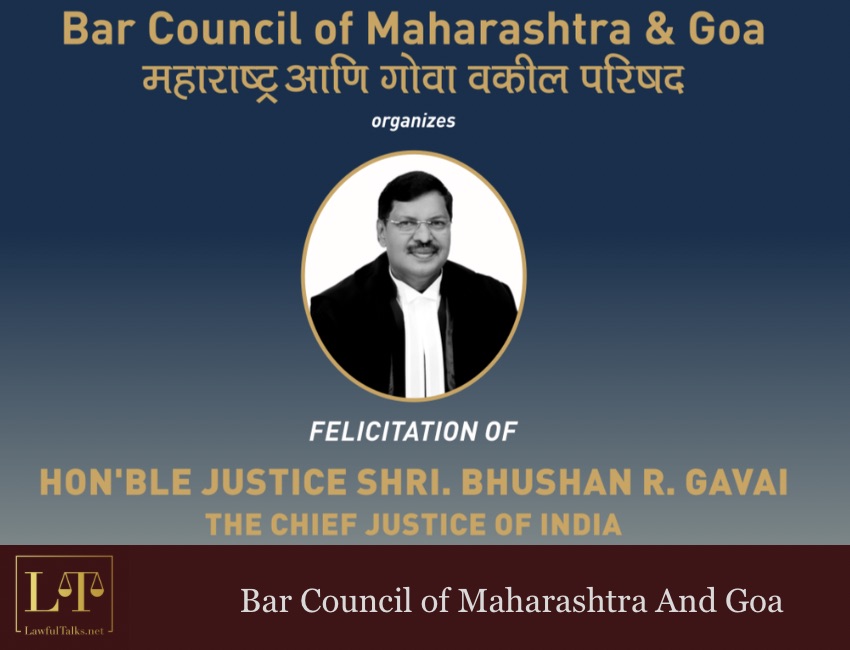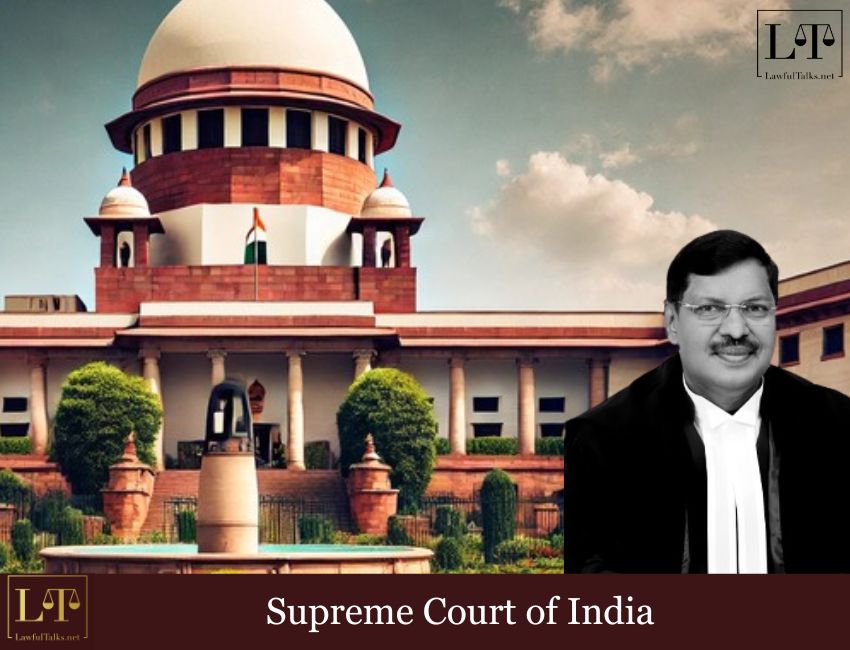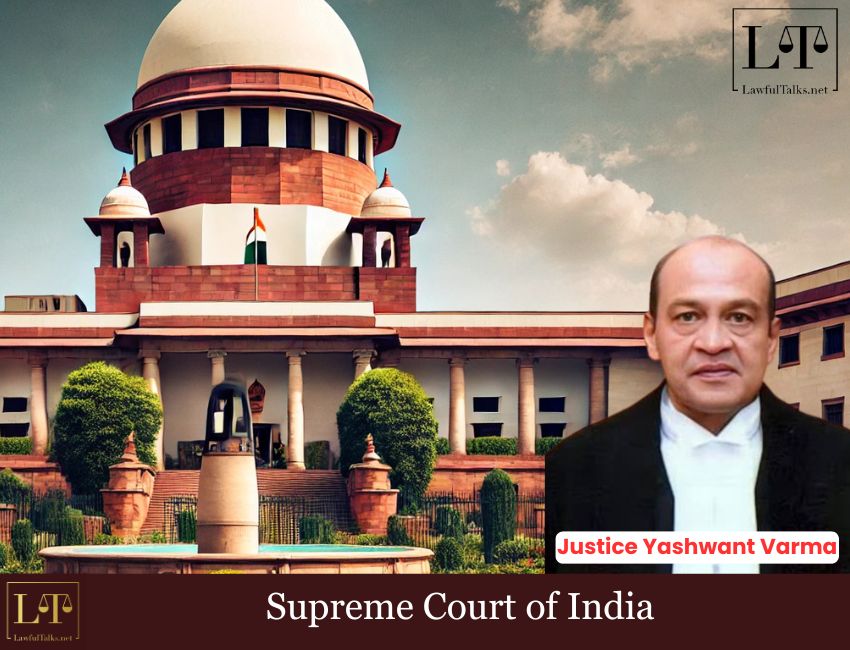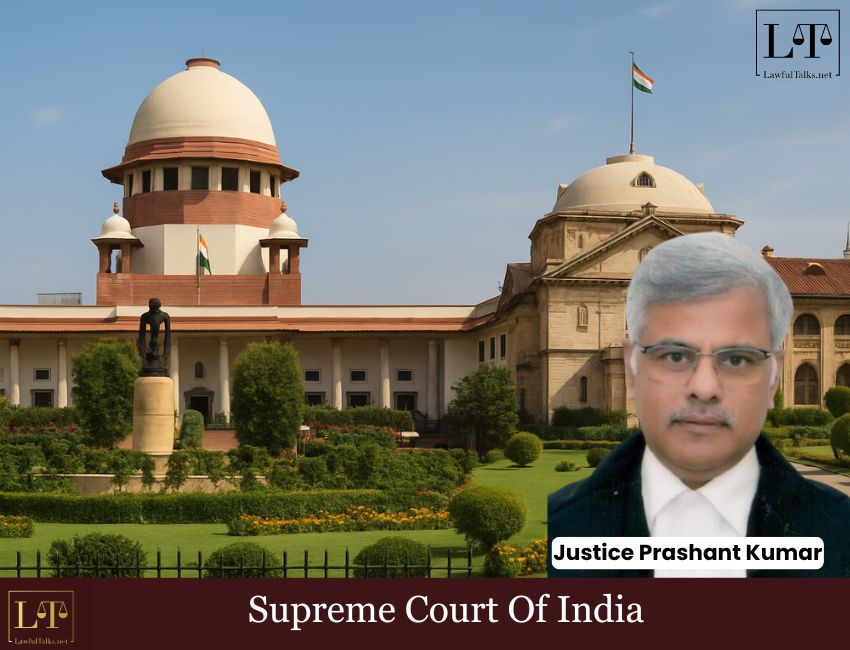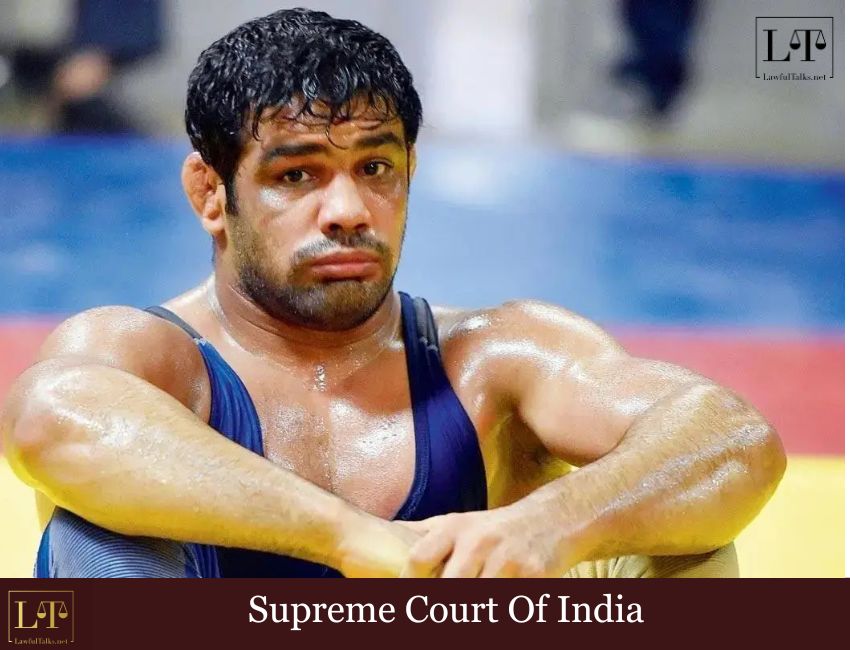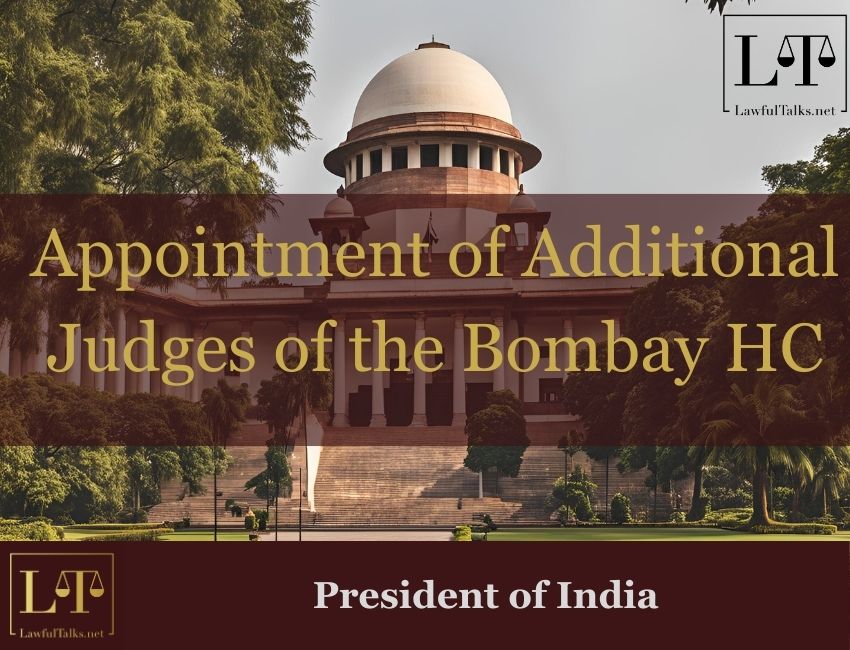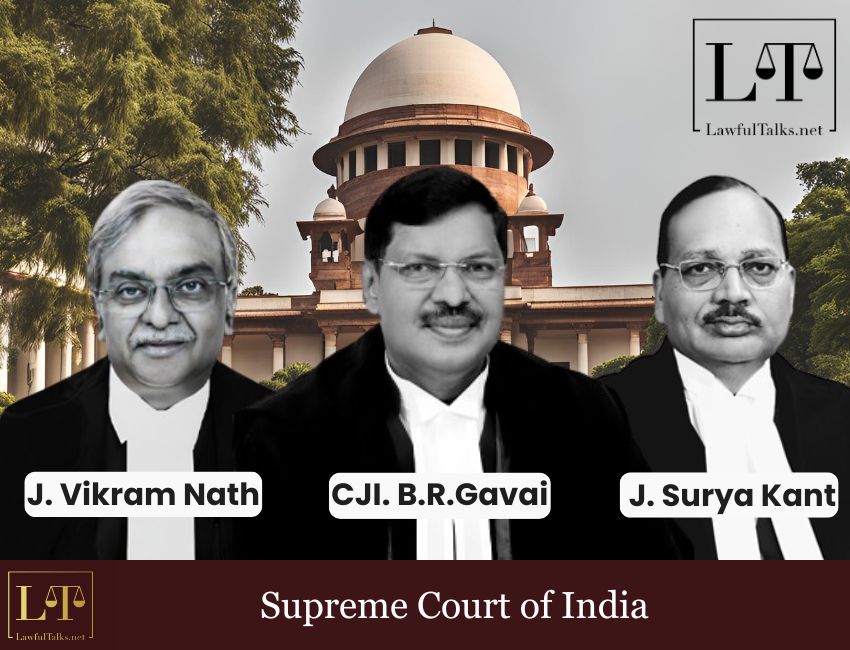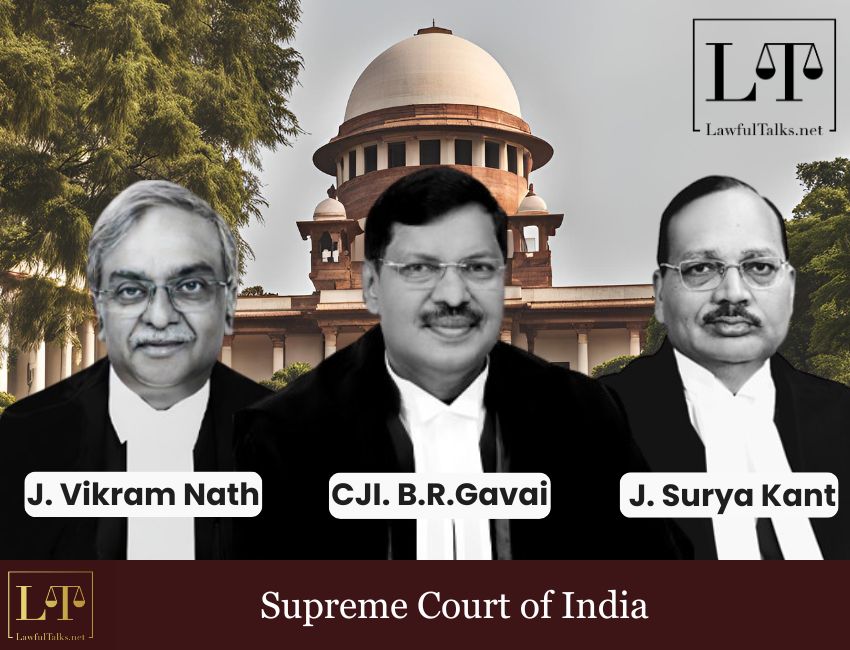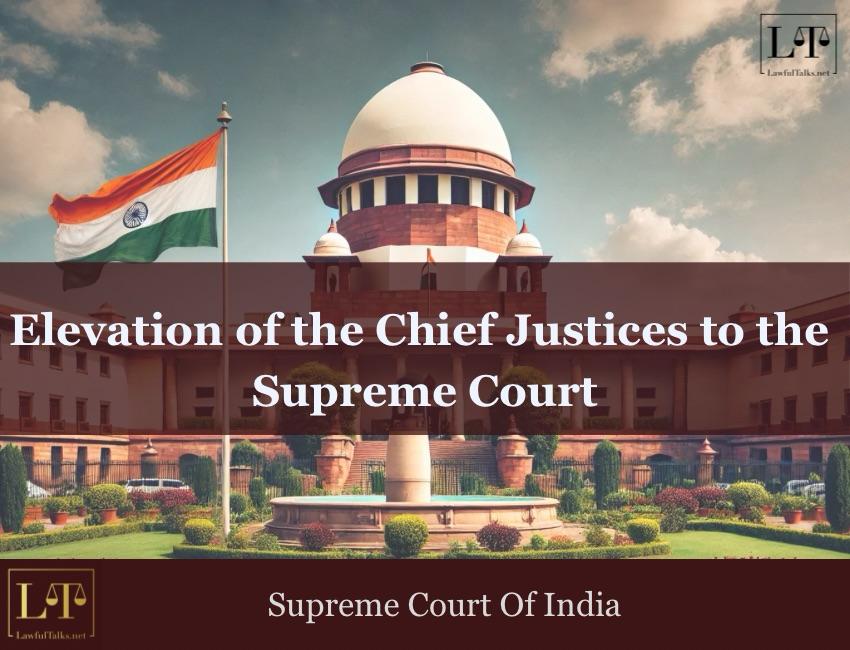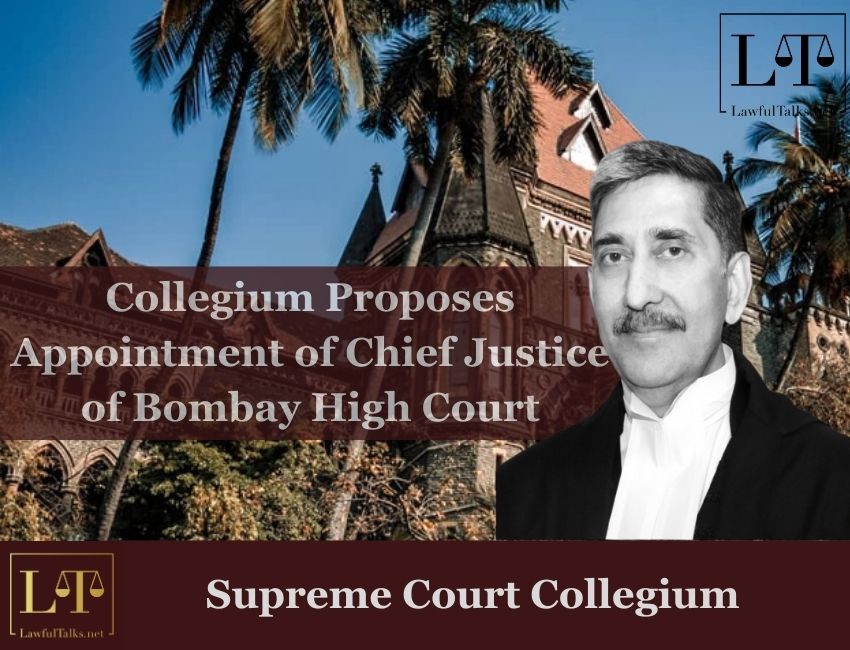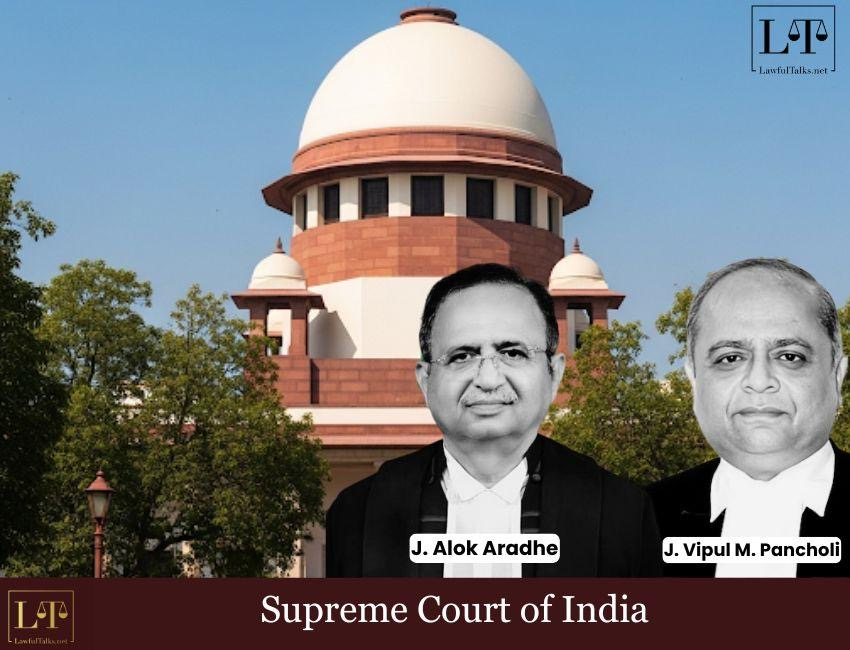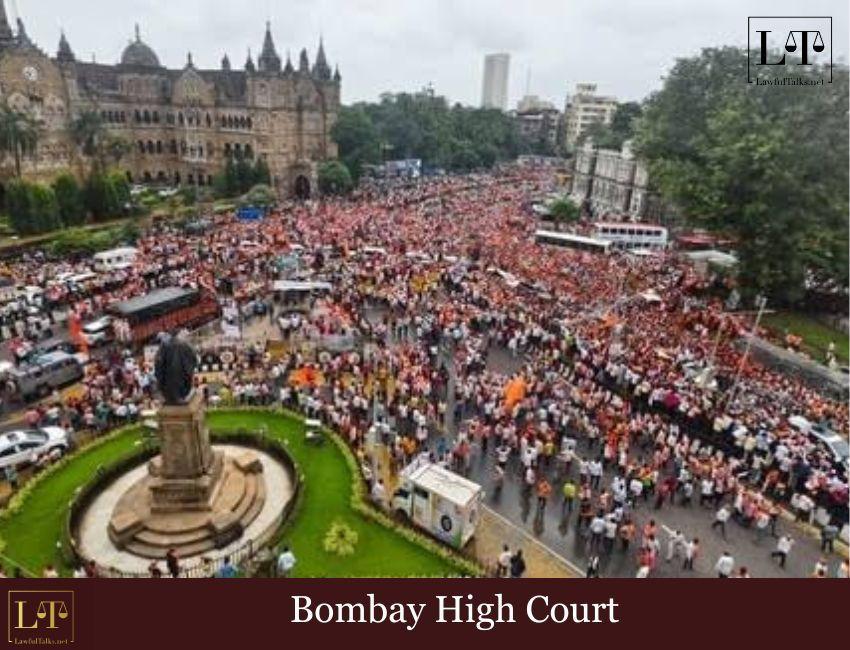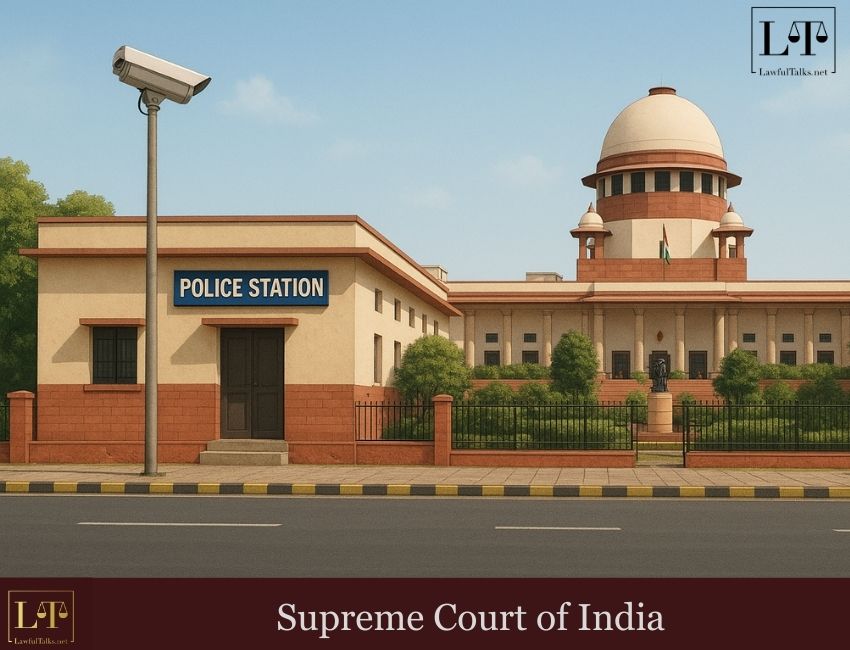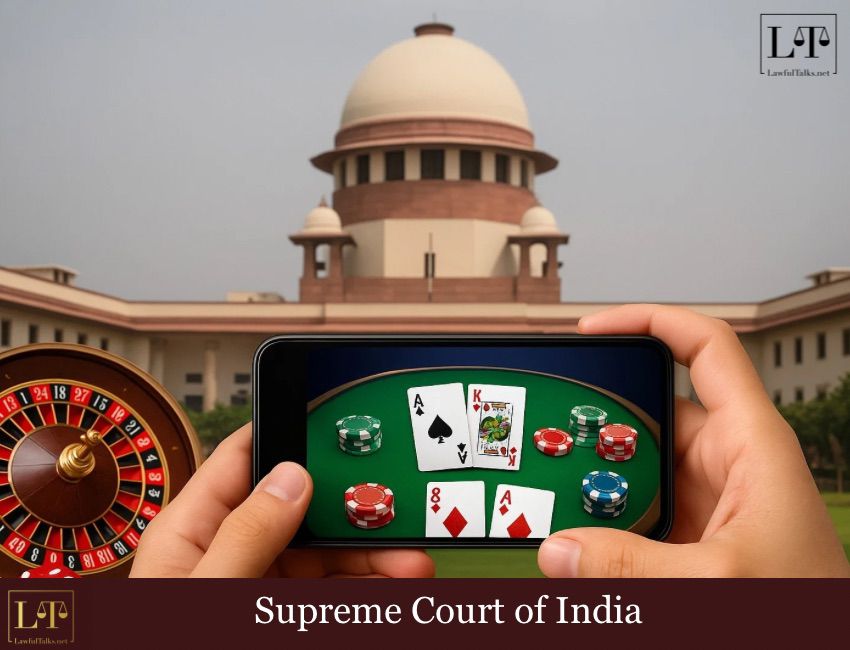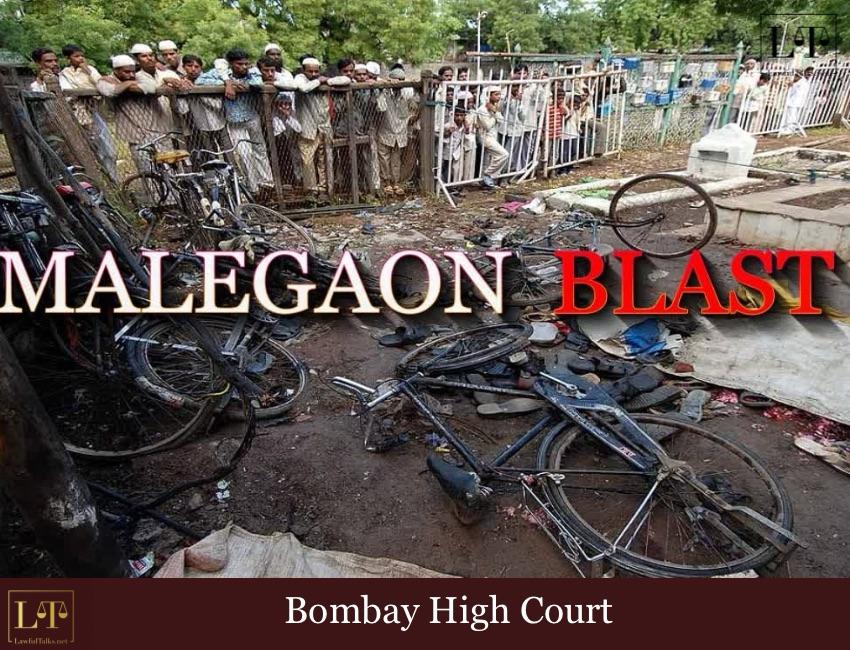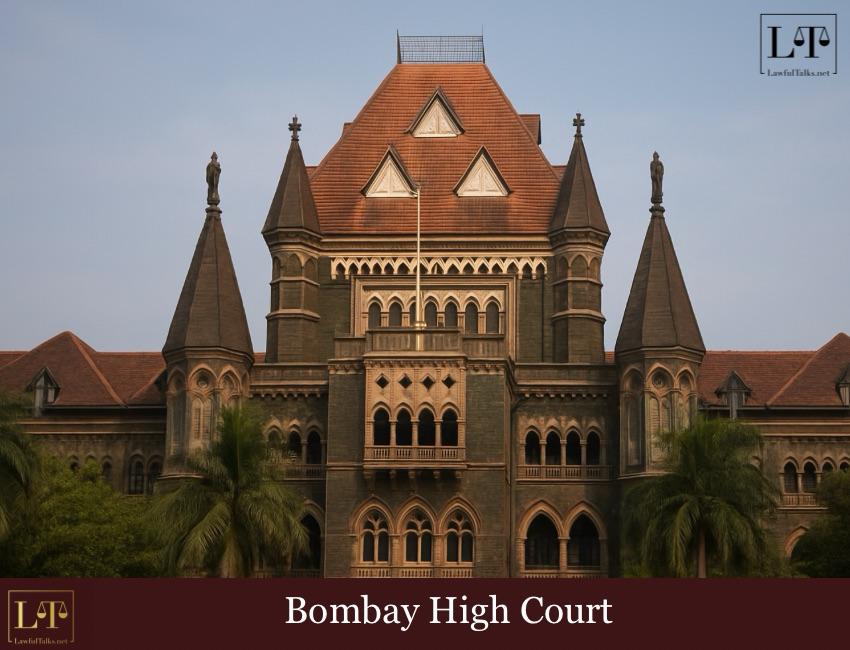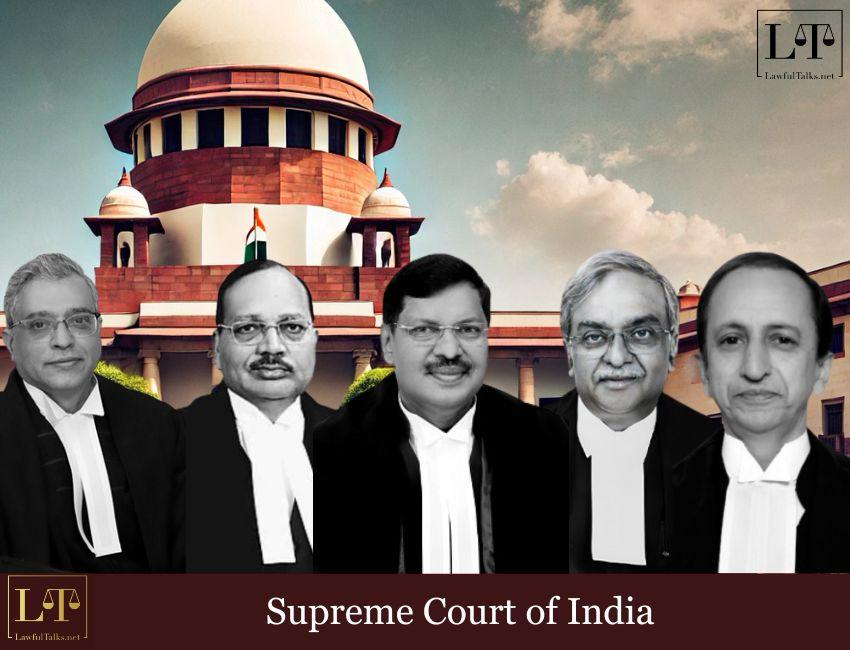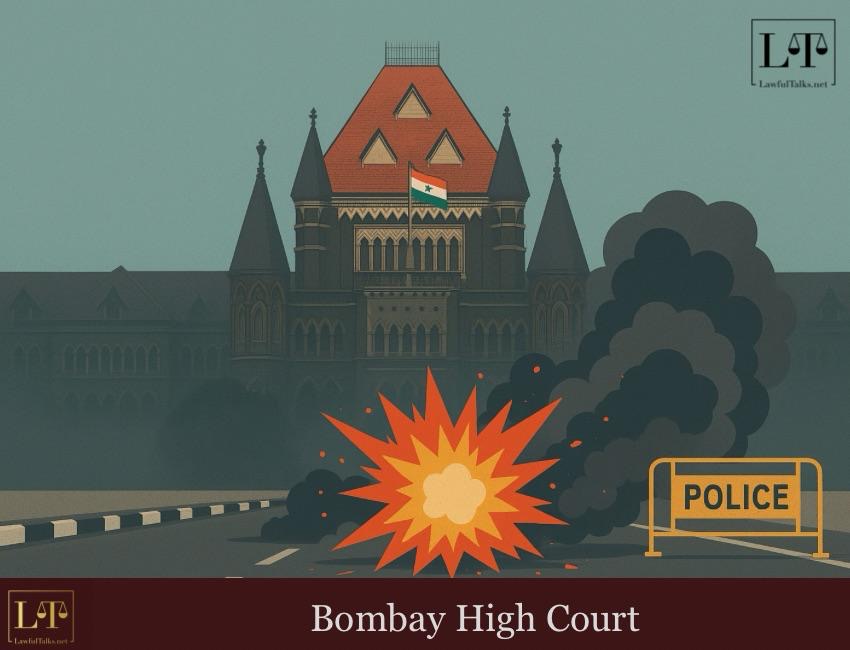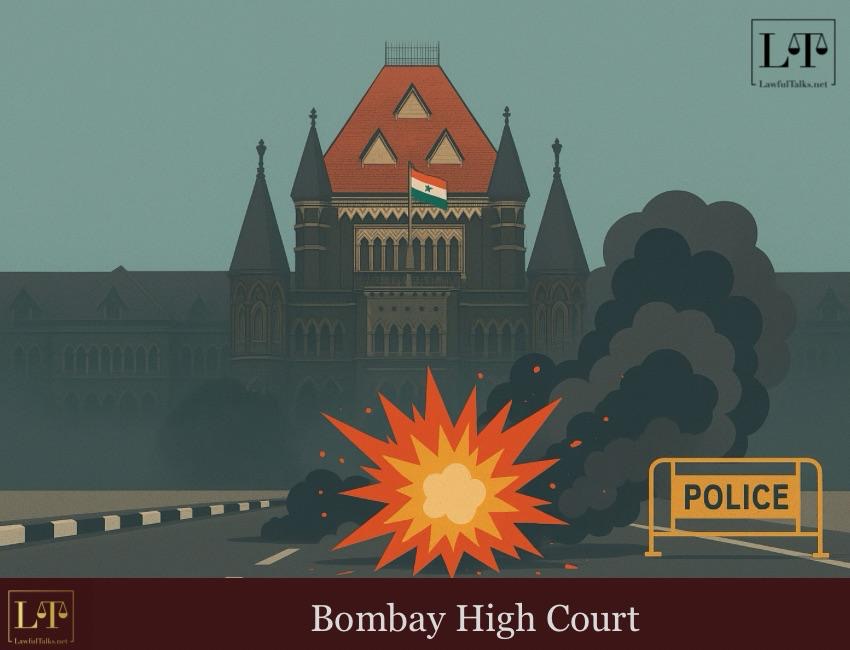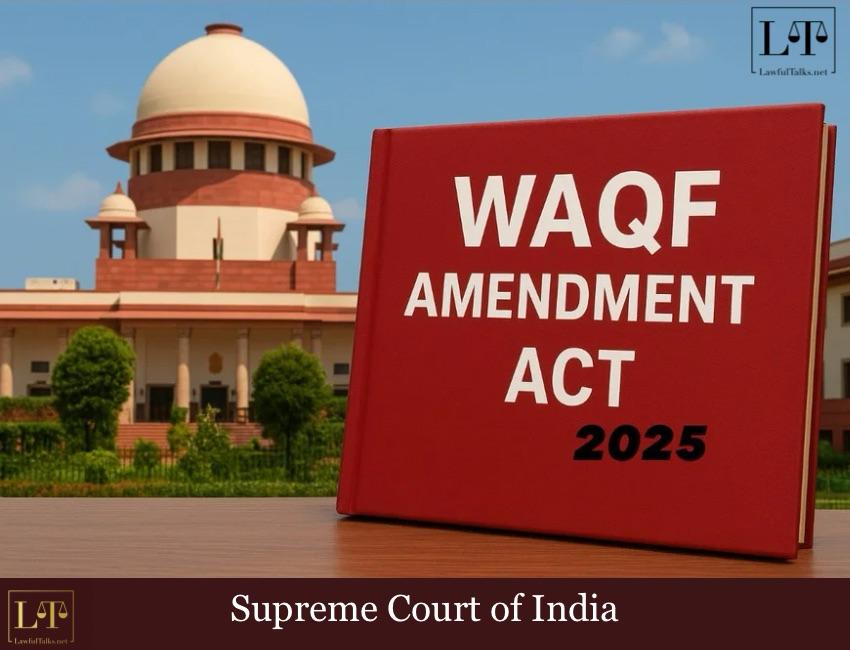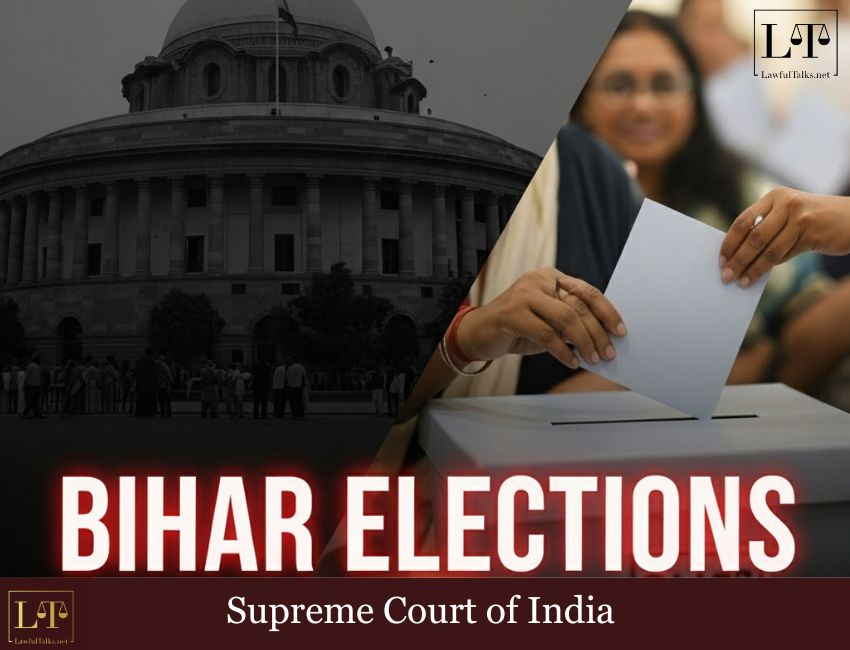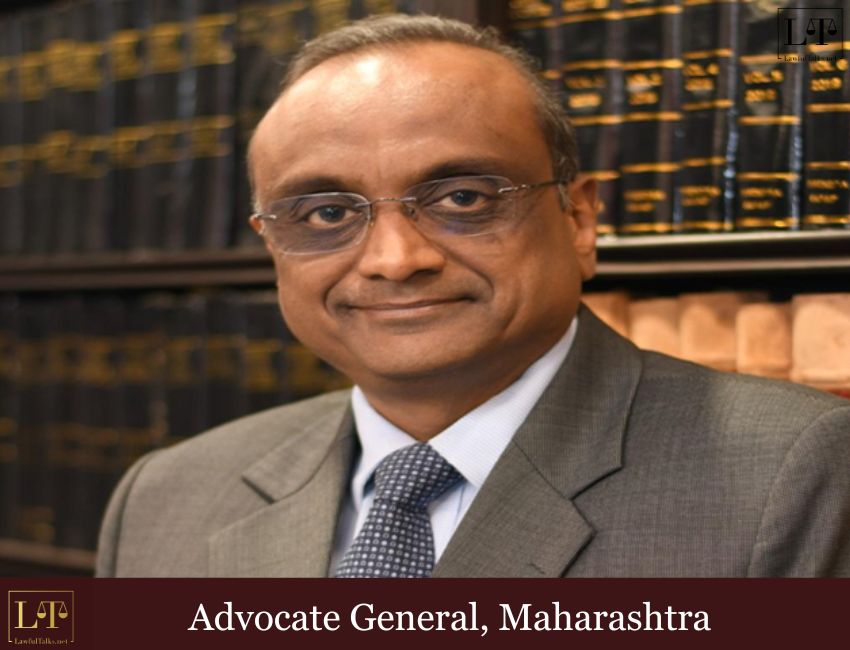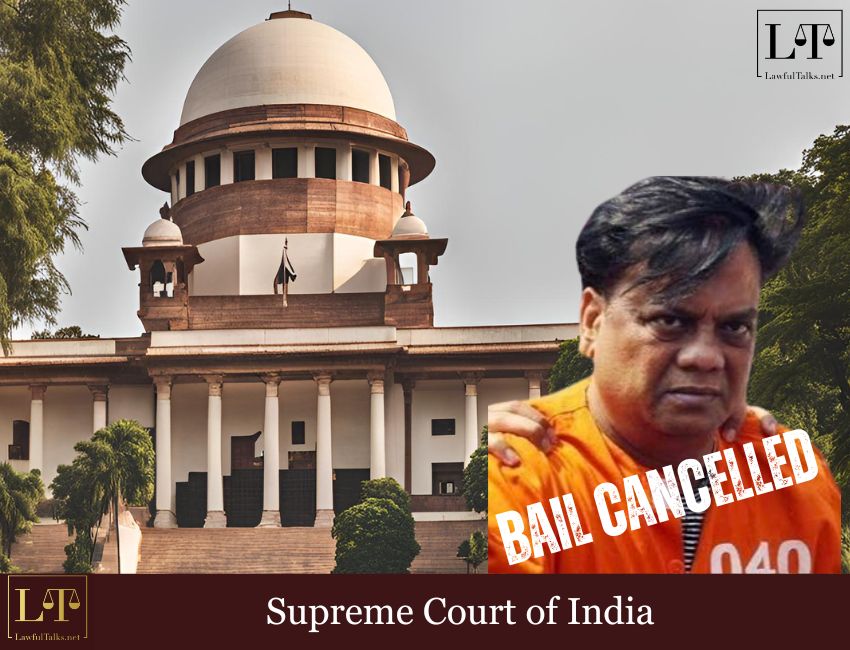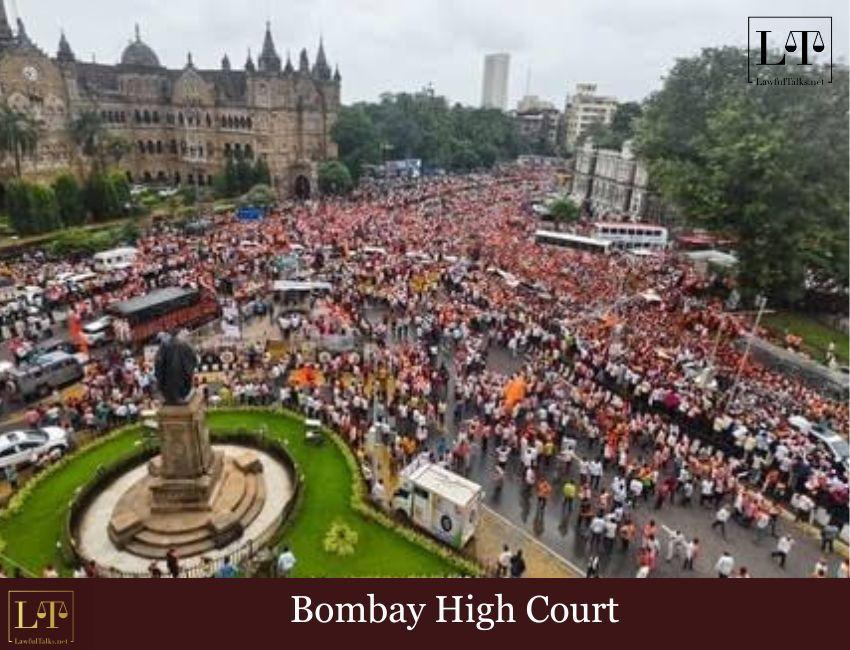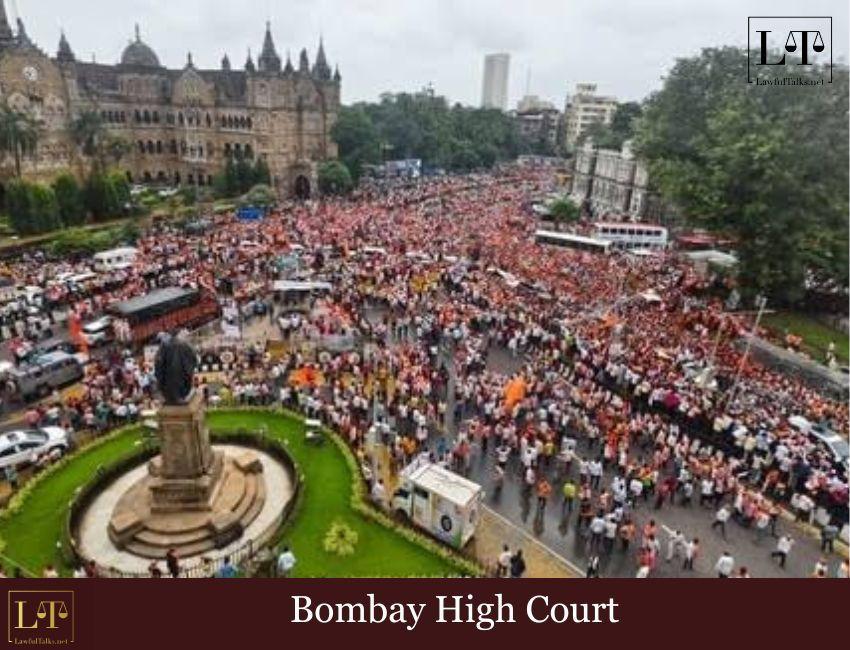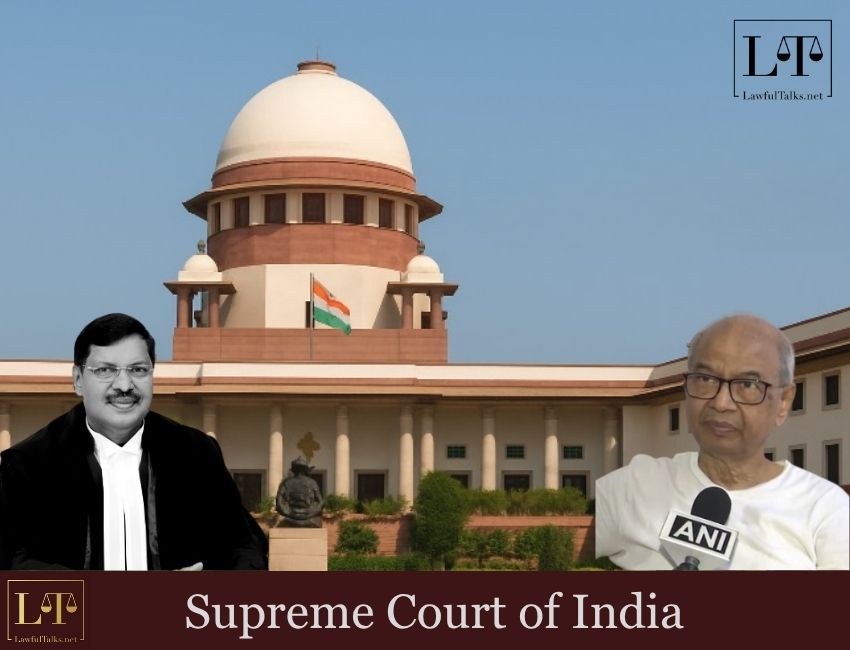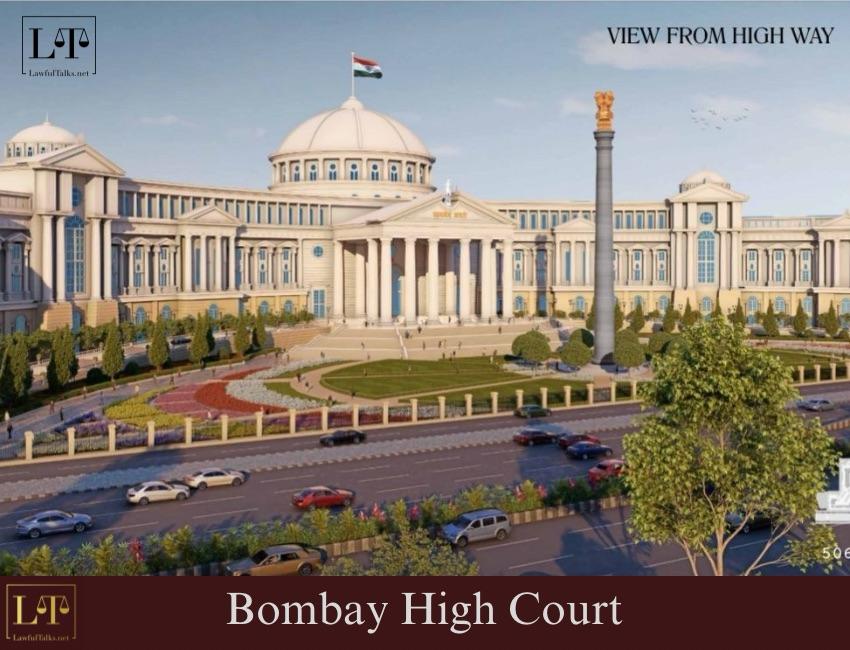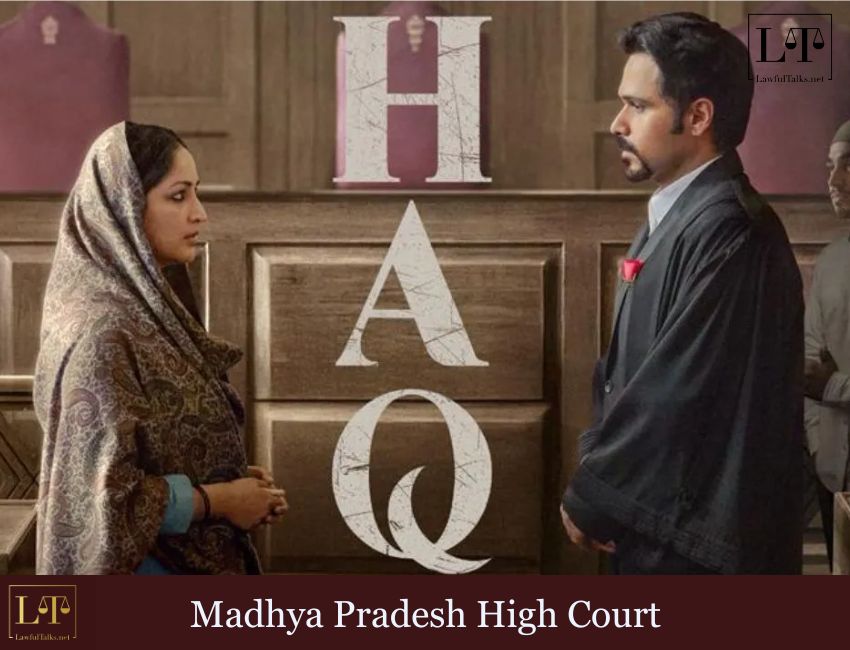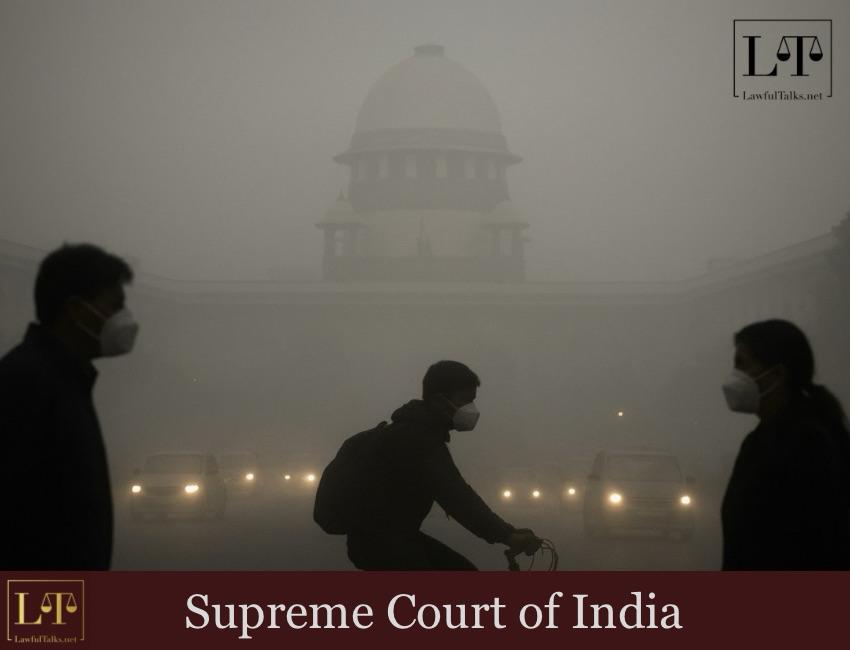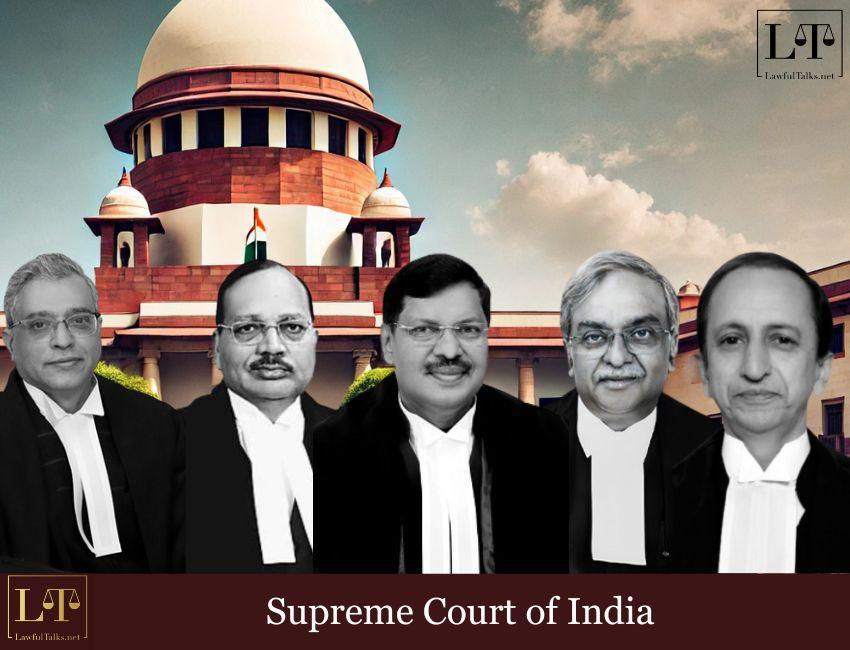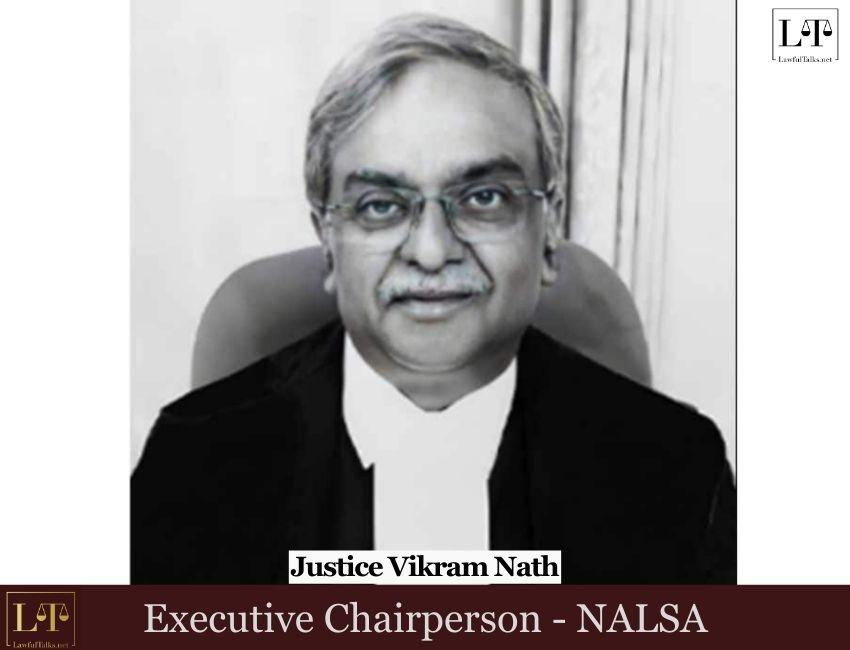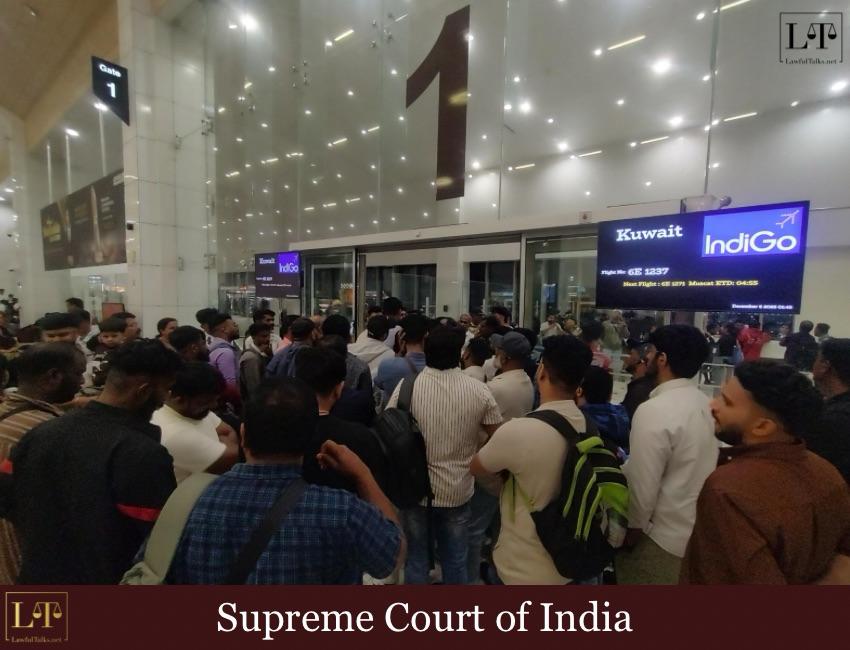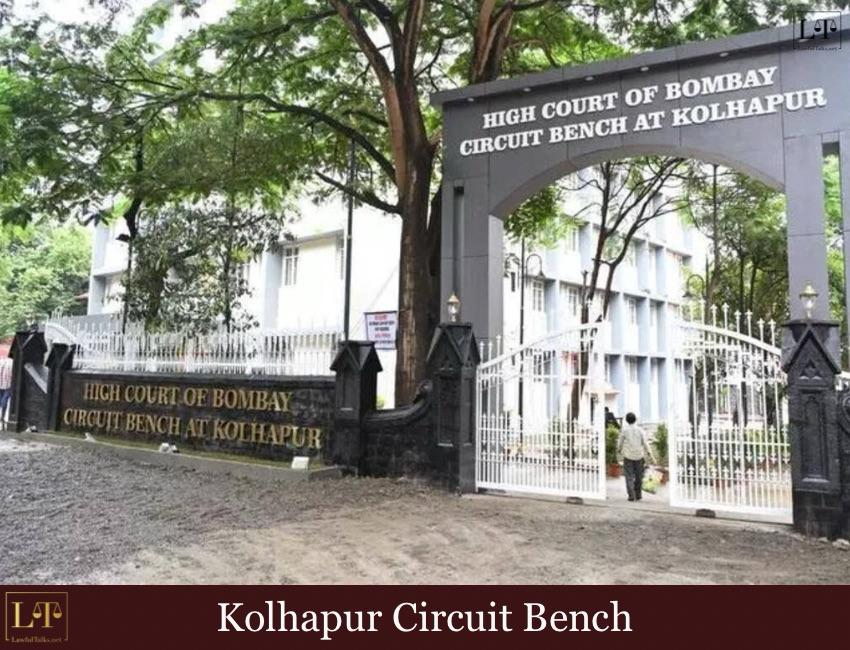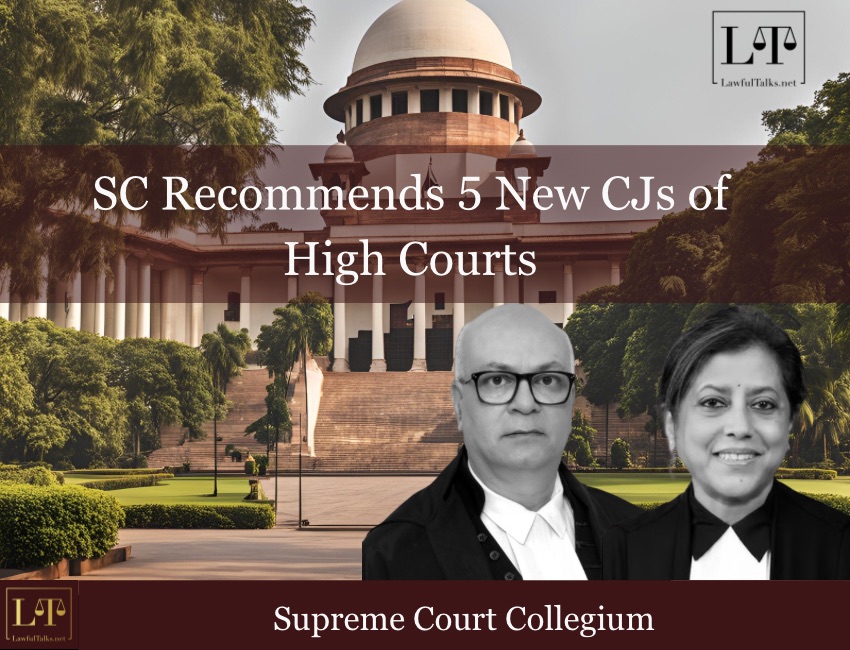Judge Goes Viral for Savagely Putting Rioters in Their Place

Madras High Court Calls for Expert Review of Aryan-Dravidian Theory’s Place in Curriculum
The Madras High Court, addressed a grievance concerning the Aryan-Dravidian race theory in educational curriculum. Filed under Article 226 of the Constitution of India, this writ petition sought a mandamus to halt the propagation of the Aryan-Dravidian race theory among students, asserting that it fosters divisiveness and requested an apology from the authorities.

The petitioner, appearing in person, alleged that the educational authorities were promoting a false dichotomy between the Aryan and Dravidian races, which he argued could harm impressionable minds. He claimed this narrative encourages divisiveness within society. The petitioner relied on the writings of various scholars to substantiate his claim that the Aryan-Dravidian theory is invalid and has the potential to negatively impact students.
The respondents, represented by DSG Rajesh Vivekananthan and AAG J. Ravindran, submitted that the syllabus was determined by a Syllabus Committee and based on expert inputs. Ravindran suggested that if the petitioner presented a formal representation, it would be duly considered within a reasonable time.
The bench, led by Chief Justice K.R. Shriram and Justice Senthilkumar Ramamoorthy, acknowledged the petitioner's concerns but clarified that the Court lacked the expertise to adjudicate on historical or racial origin theories. The Court remarked, “The court is not an expert in history or the origin of races.” It observed that determining the validity of the Aryan-Dravidian theory was beyond its scope and should instead be addressed by qualified experts.
The Court emphasised, “It is appropriate that this determination be made by experts in the field, and not by the court” emphasising the principle that such academic evaluations should be left to the respective authorities.
Without delving into the merits of the theory's validity, the Court instructed respondents NCERT and SCERT to treat the petition as a formal representation. Respondents were directed to address the petitioner’s grievances within twelve weeks, ensuring a fair opportunity for him to present his case, including the provision for a personal hearing if necessary. The Court thereby disposed of the writ petition without imposing any costs.
Case Details- Mahalingam Balaji v. Secretary, Ministry of Education [W.P. 30424/2024 ]
Advocates for the Petitioner- Mr. Mahalingam Balaji, Petitioner in person
Advocates for Respondents- DSG Rajesh Vivekananthan, AAG J.Ravindran, AGP Maithily, SGP A.Edwin Prabakar and GA T.K.Saravanan
(For more updates, tap to join us on Whatsapp, Facebook, Instagram and LinkedIn)







